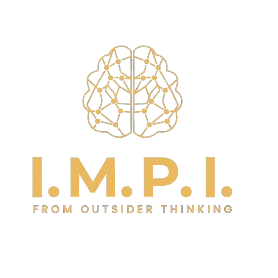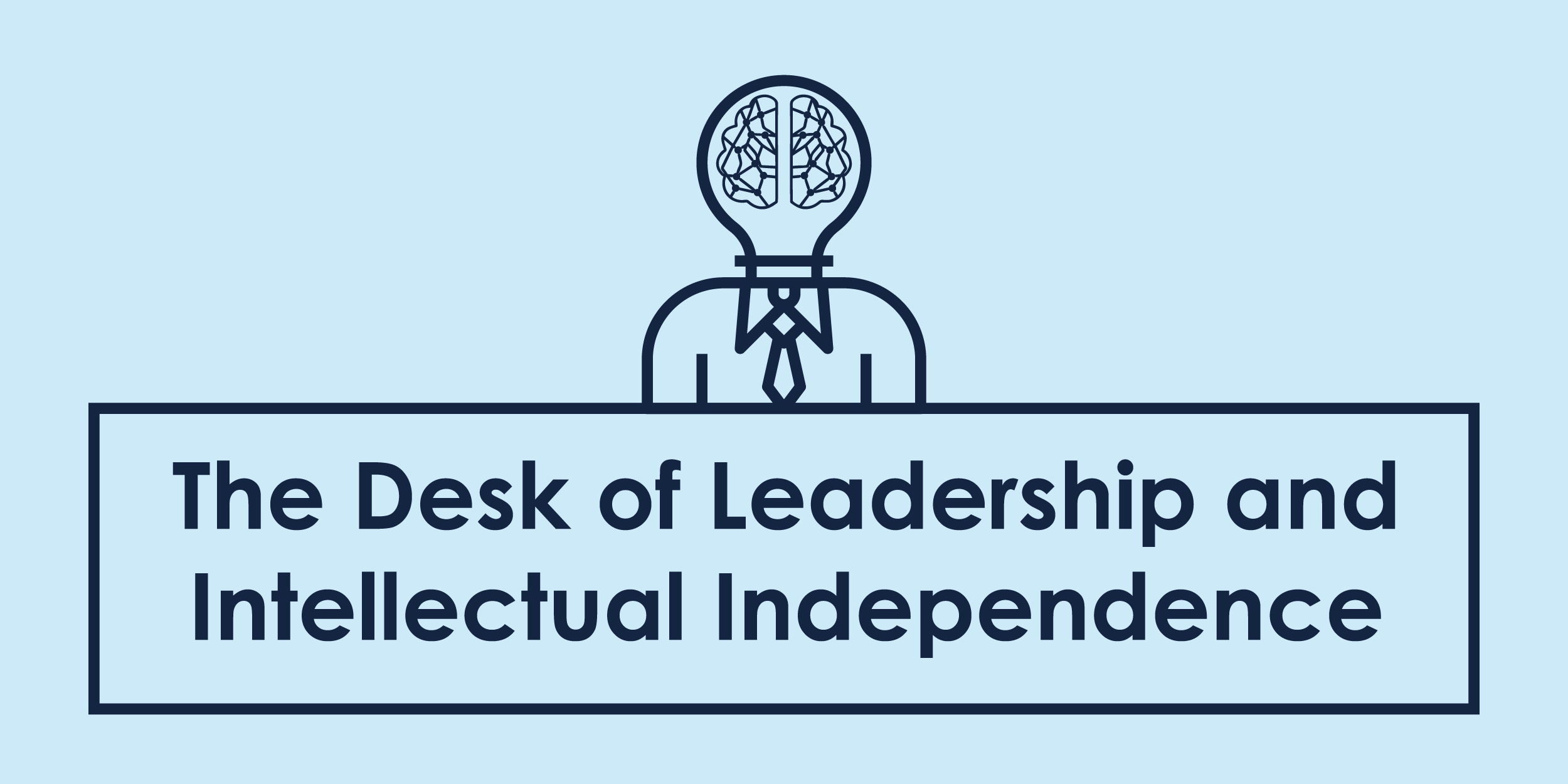Leadership, often symbolized by the “Desk of Leadership,” has long been associated with masculine traits and expectations. This metaphor represents entrenched societal norms that dictate how leadership roles are perceived and performed. Historically, leadership has been framed within the context of male-dominated standards, leaving little room for diverse expressions of authority and innovation.
This case explores the implications of these norms, focusing on how the lack of intellectual independence impacts individuals—especially women—seeking leadership roles. It underscores the need for challenging traditional frameworks and fostering authenticity in leadership styles to achieve more inclusive and effective outcomes.
The Symbolic “Men’s Shoes” – A Conformity Trap
The Desk of Leadership analogy highlights the pervasive expectation for women in leadership to metaphorically “wear men’s shoes”—to conform to the established norms and standards historically designed for and by men. Women stepping into leadership roles often feel the pressure to prove their competence by adopting behaviors, strategies, and traits traditionally considered masculine.
For example, traits like assertiveness, competitiveness, and emotional detachment have long been celebrated in leaders, while collaborative, empathetic, or inclusive styles may be undervalued. To navigate these biases, women may consciously or unconsciously suppress their natural tendencies and instead mirror the traits expected by the system.
By doing so, they risk diluting their individuality and authenticity, presenting themselves not as originals with unique insights but as replicas molded by traditional standards.
The Intellectual Independence Deficit
Intellectual independence is the ability to think critically, challenge societal norms, and act authentically. A deficit in this quality prevents individuals—women in particular—from questioning why they must conform to outdated leadership archetypes. Instead of redefining leadership on their terms, they may declare, “I can wear these shoes as competently as men,” reinforcing the status quo rather than reshaping it.
The result is a perpetuation of the same narrow framework, which stifles innovation, diversity, and inclusivity in leadership. When originality is sacrificed for replication, the true potential of leadership—one that values diverse approaches and perspectives—is lost.
Why Originals Matter in Leadership
When leaders bring their authentic selves to the table, they introduce fresh insights, foster inclusive environments, and drive innovation. Conformity to traditional norms often leads to a homogeneity of thought and approach, which can be detrimental in today’s complex and diverse world.
The question then arises: Why settle for replication when originality offers a richer, more dynamic approach to leadership?
Originality in leadership is not about rejecting established practices wholesale but about integrating diverse qualities and perspectives to create a more balanced and effective model. Women—and anyone stepping into leadership—should feel empowered to embrace their unique attributes rather than fitting into predefined molds.
Redefining the Desk of Leadership: A Call to Action
To dismantle these outdated norms and foster intellectual independence, organizations and societies must:
- Challenge traditional norms: Reframe leadership as a fluid and inclusive concept that values diverse traits and approaches.
- Promote authenticity: Encourage individuals to lead in ways that align with their values and strengths, rather than conforming to stereotypes.
- Support Intellectual Independence: Equip aspiring leaders with tools and frameworks, such as the I.M.P.I. ™ Model, to think critically and redefine their paths.
- Embrace diverse representation: Advocate for leadership structures that reflect the diversity of the communities they serve, making space for new voices and perspectives.
In conclusion, the Desk of Leadership serves as a reminder of the need to move beyond traditional expectations and embrace intellectual independence in leadership. By doing so, we create a landscape where individuals, regardless of gender or background, can lead authentically and effectively.
True leadership is not about fitting into “shoes” that don’t belong to you; it’s about designing your own path, one that values originality, celebrates diversity, and inspires inclusive progress.

